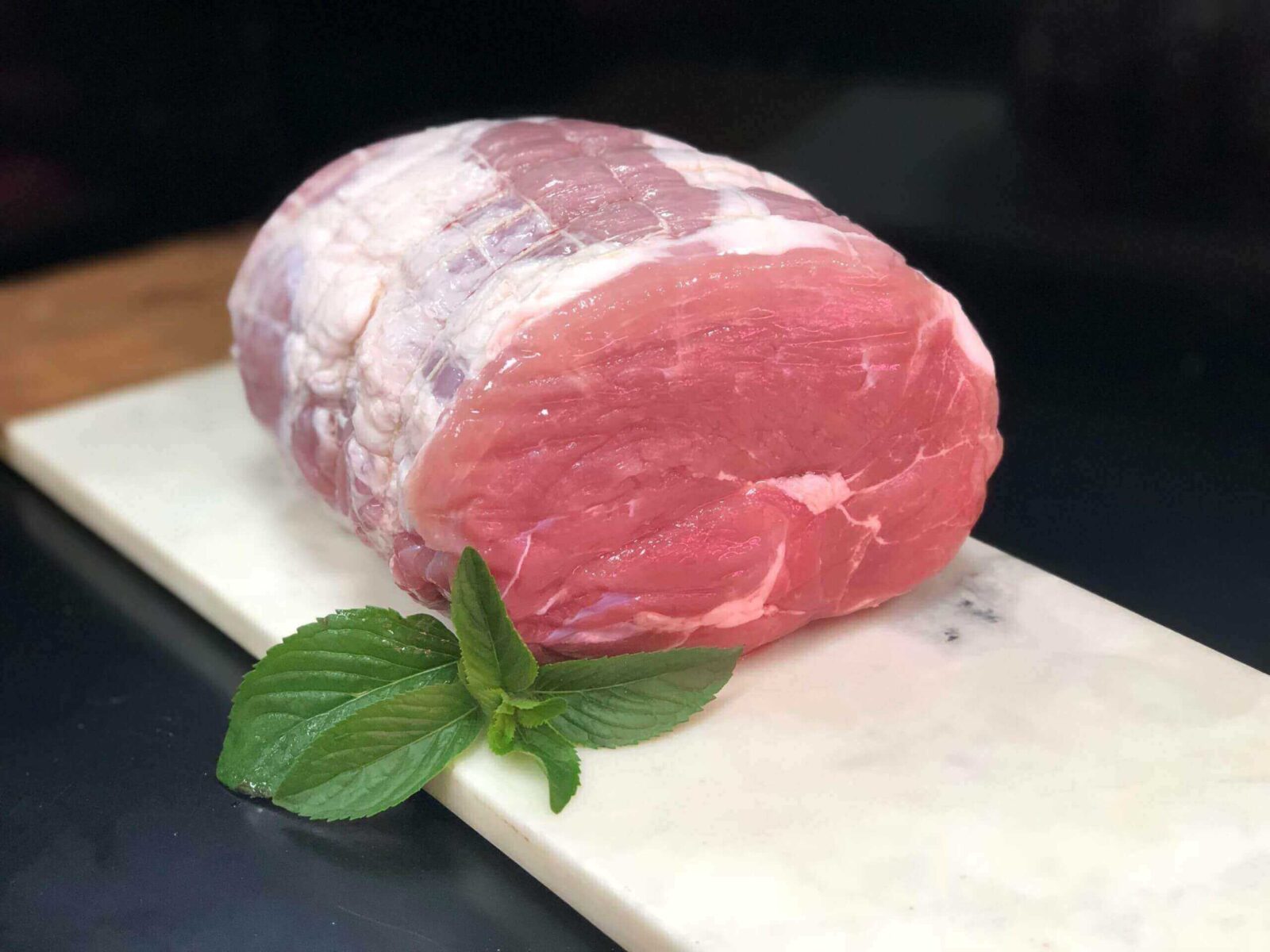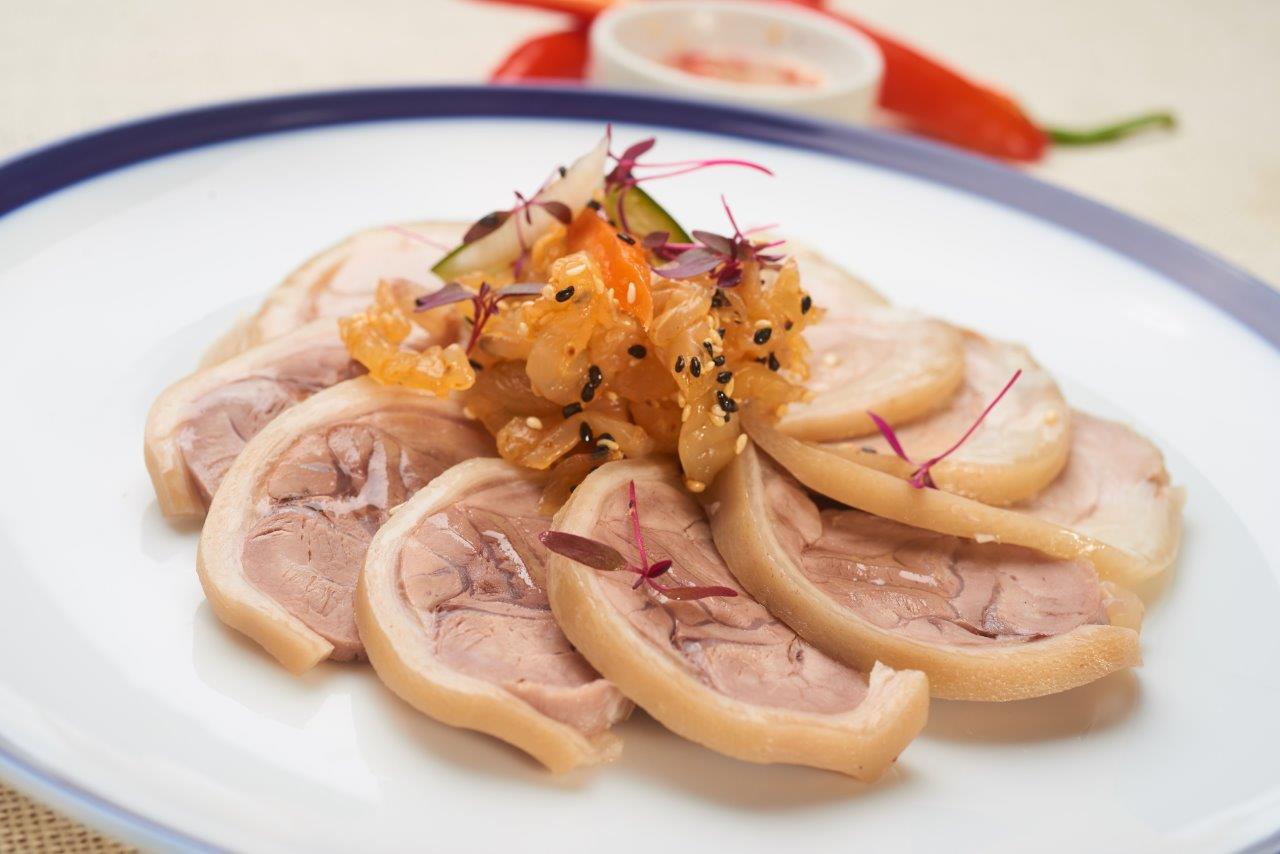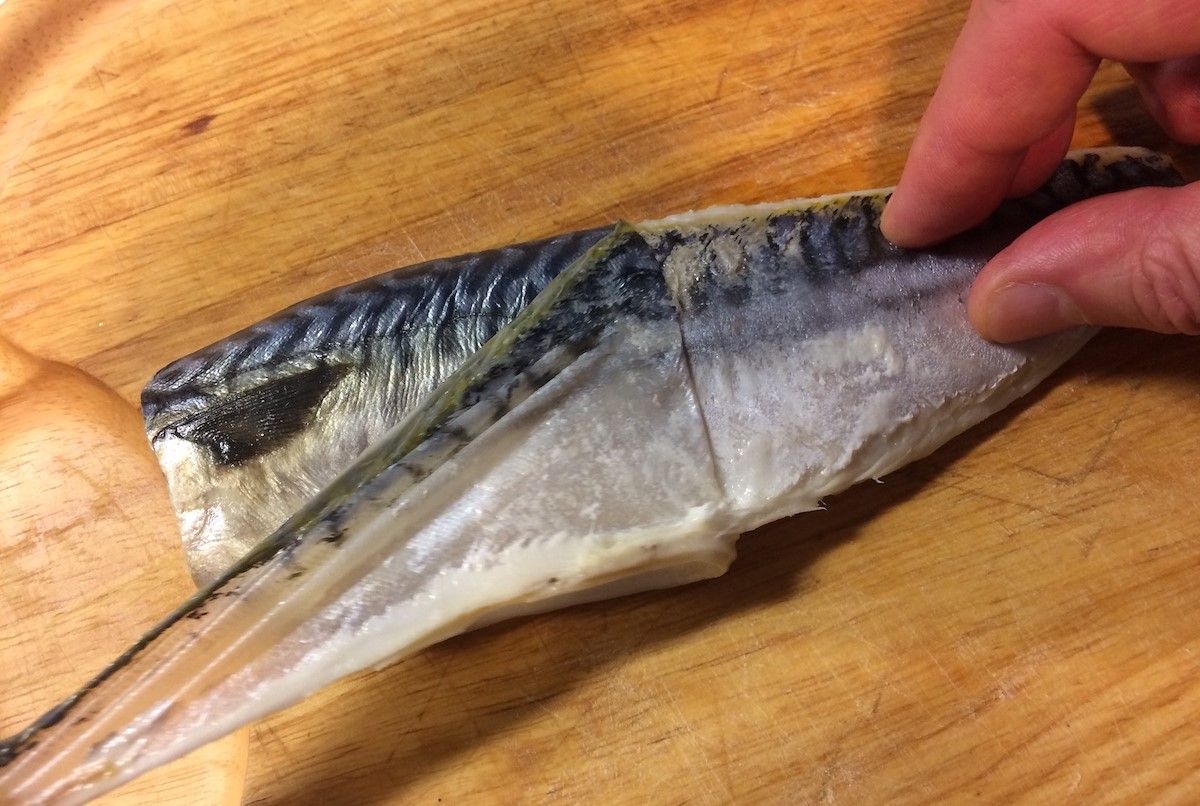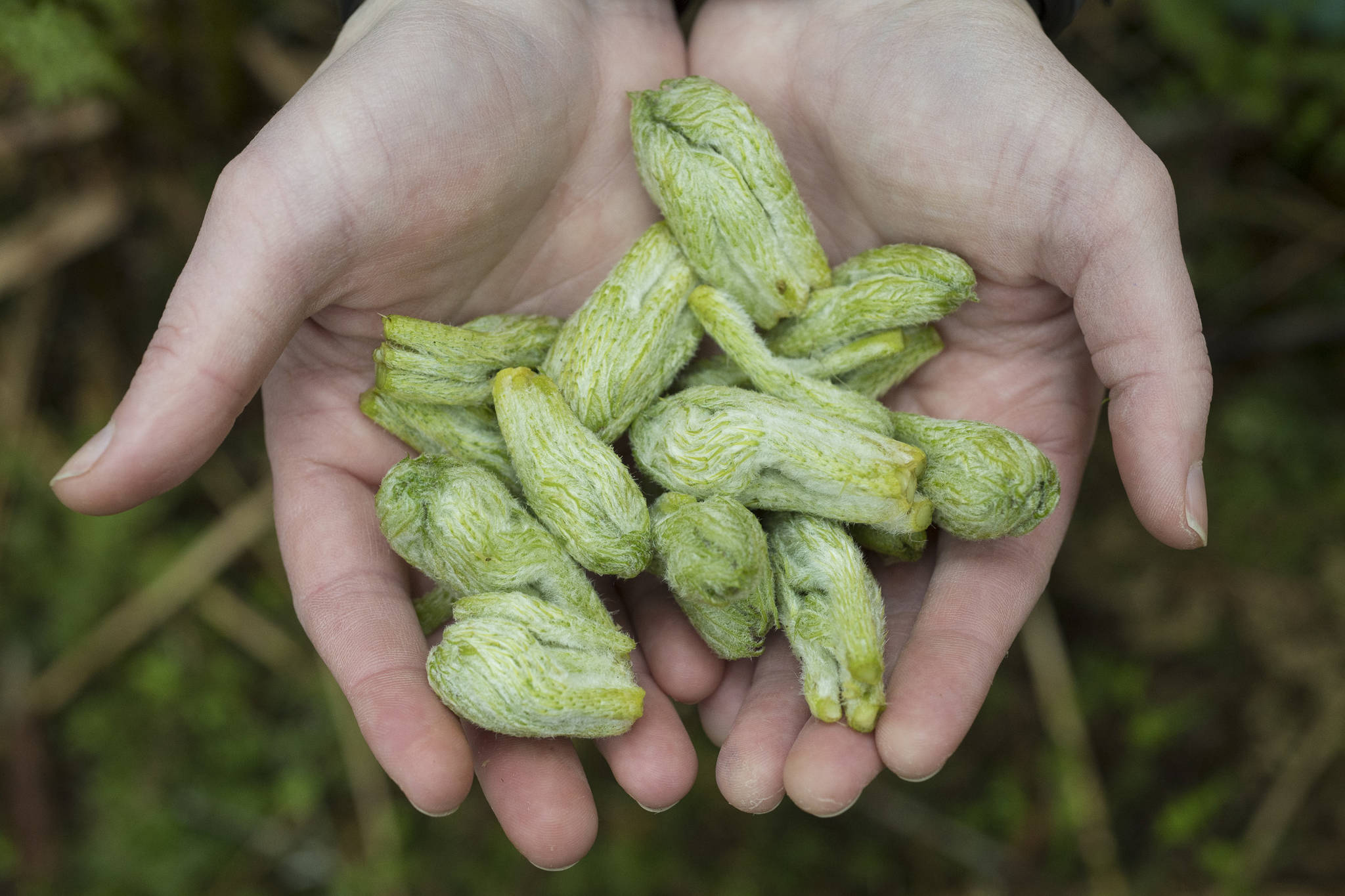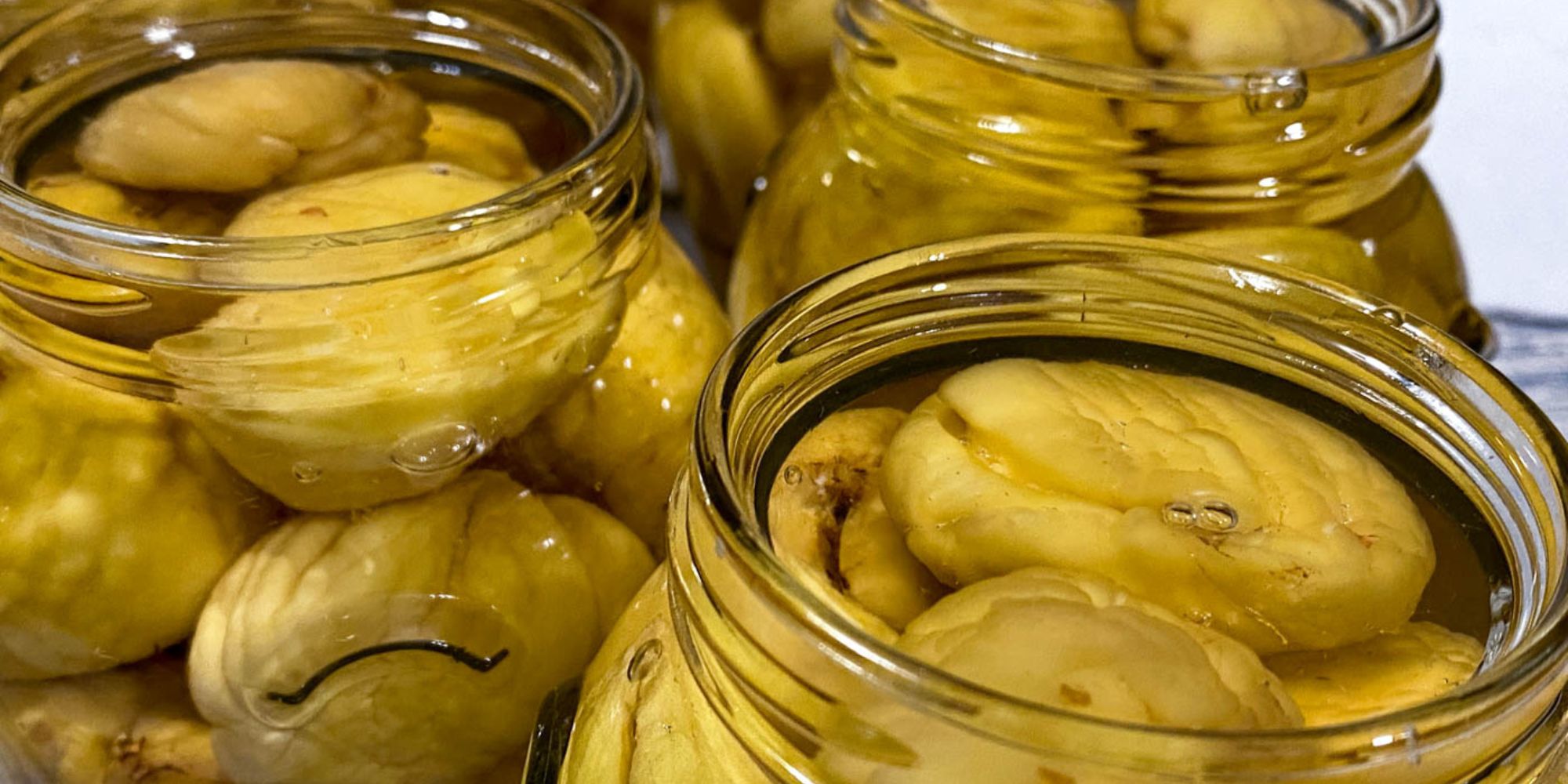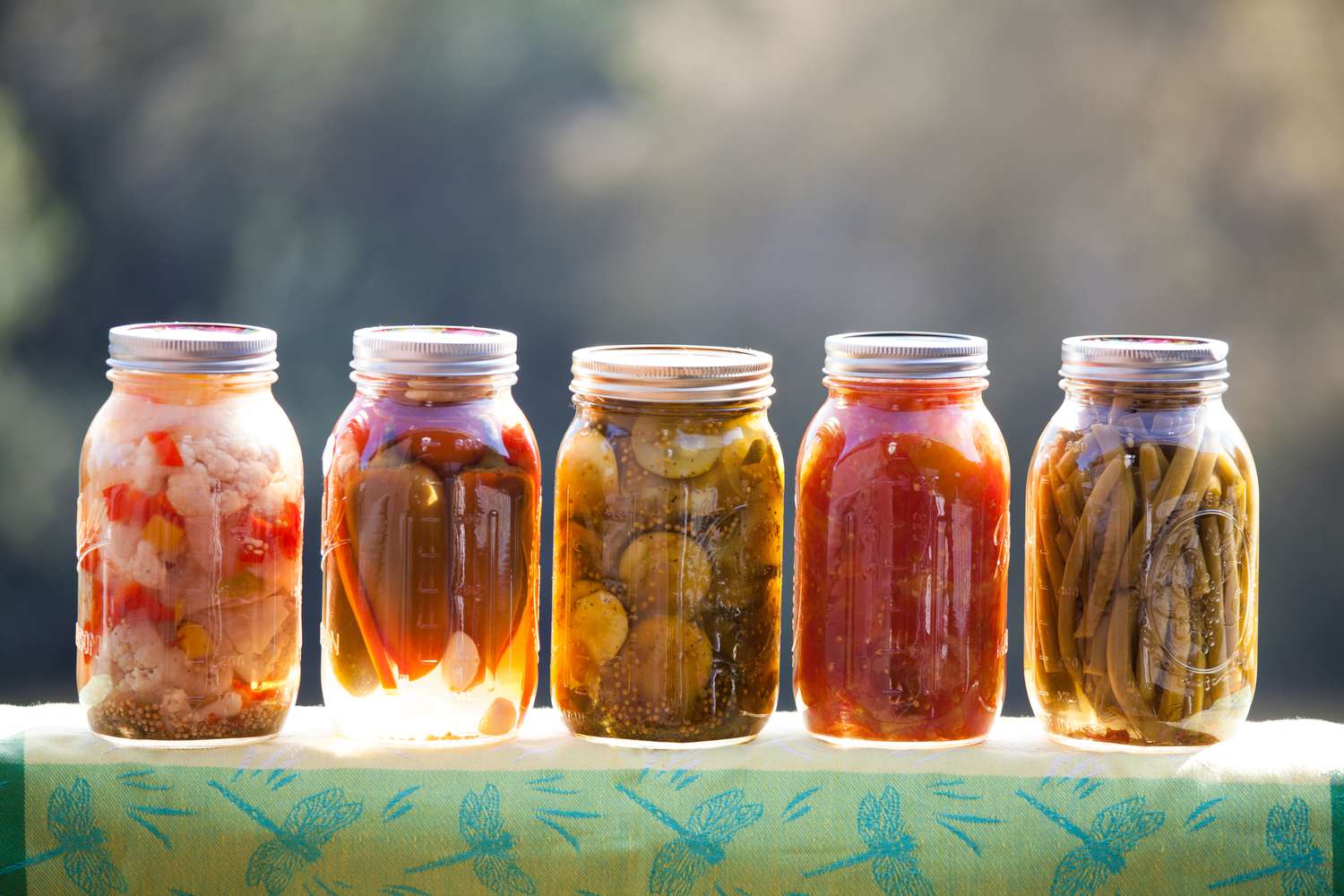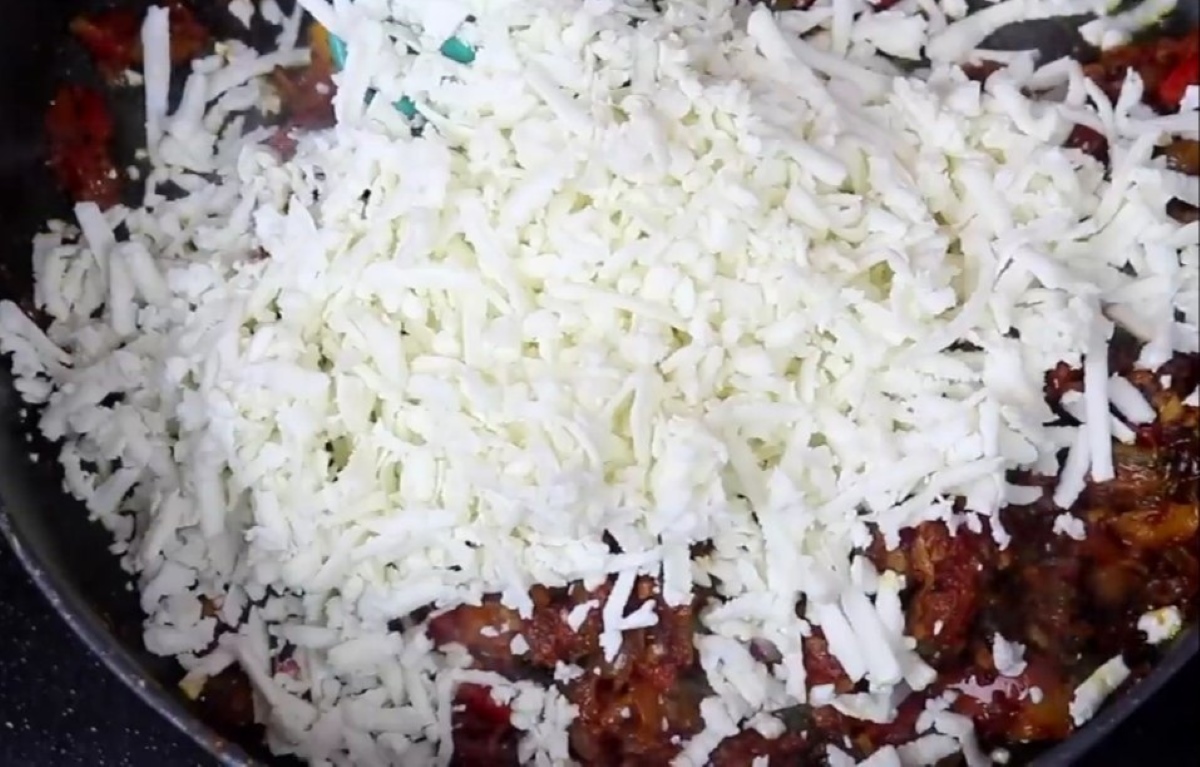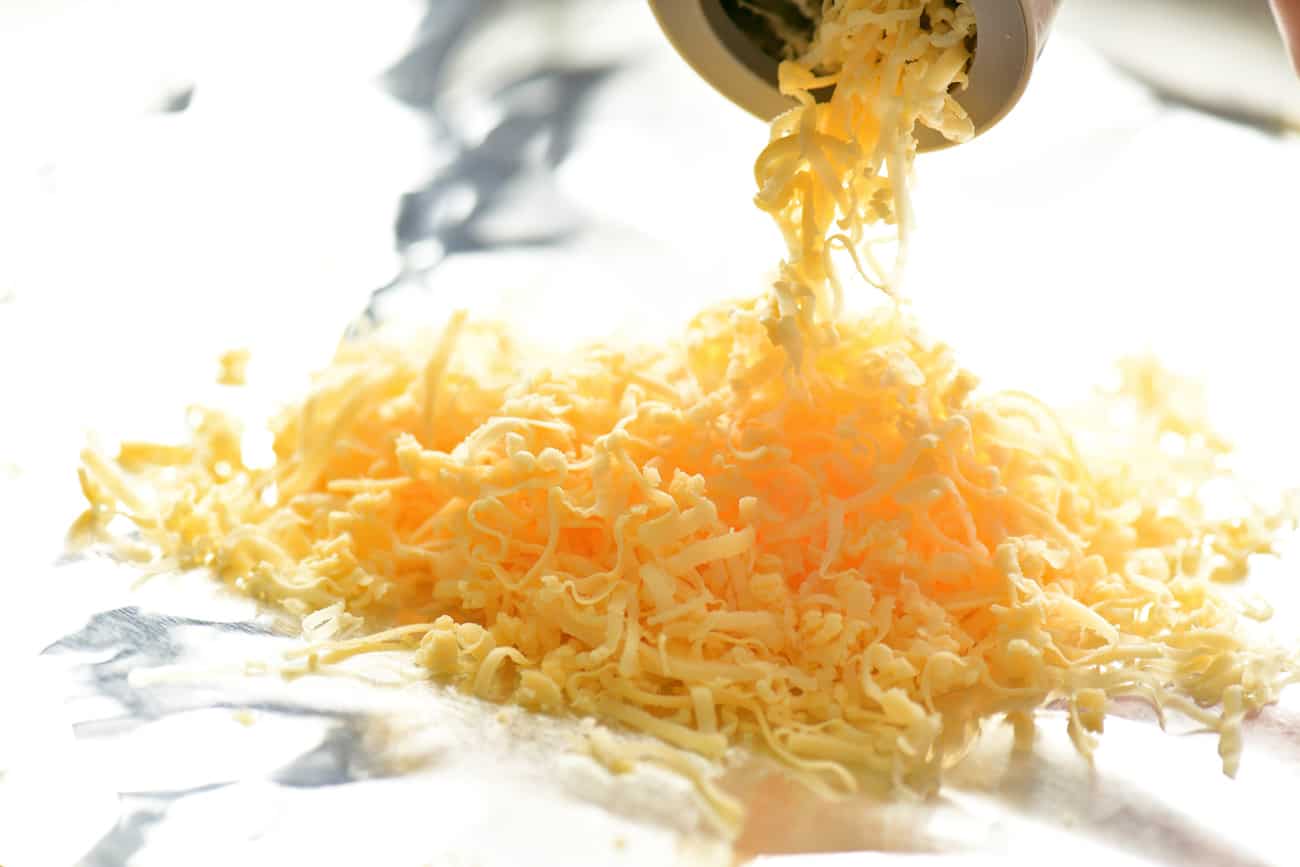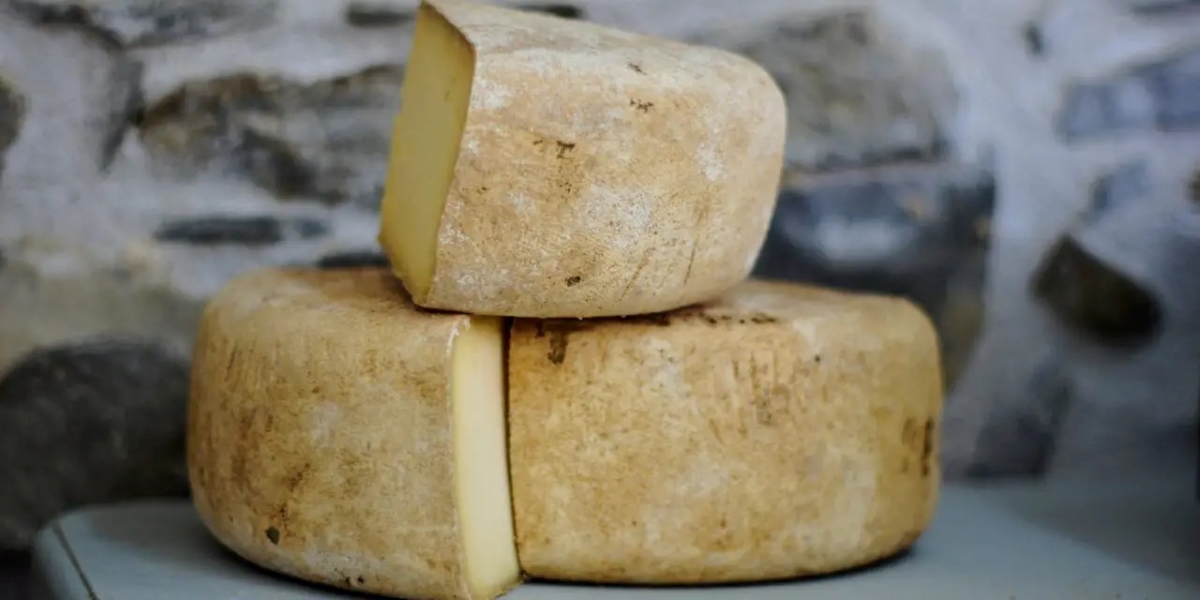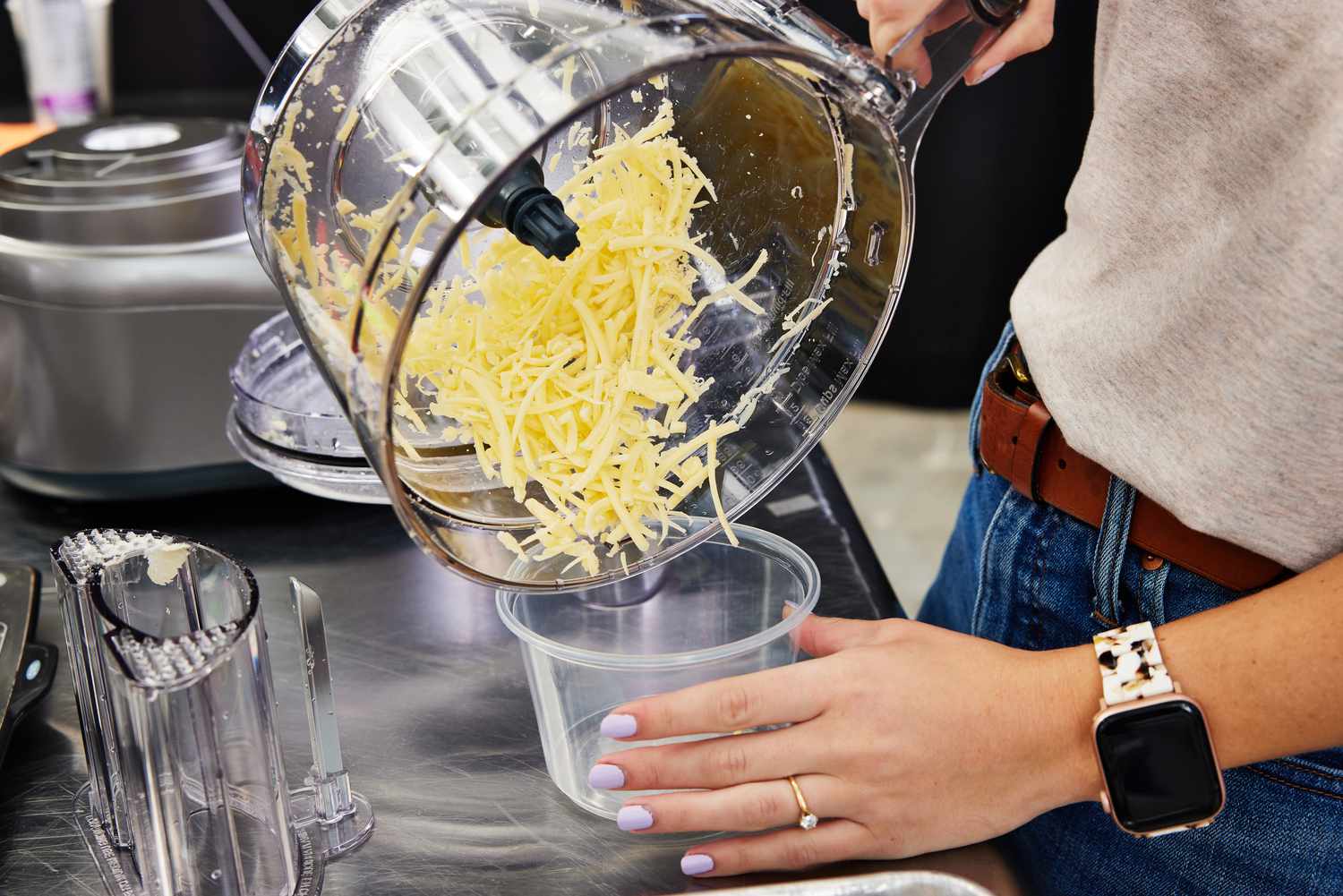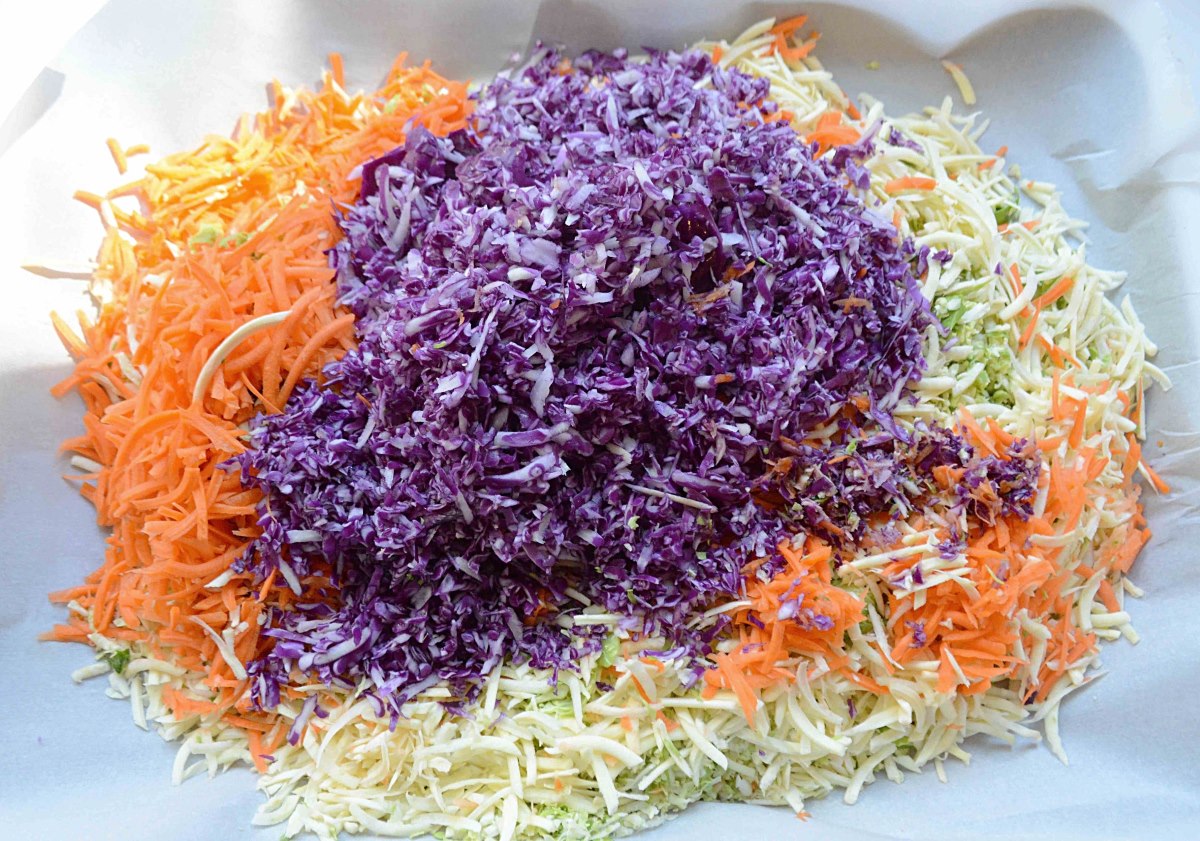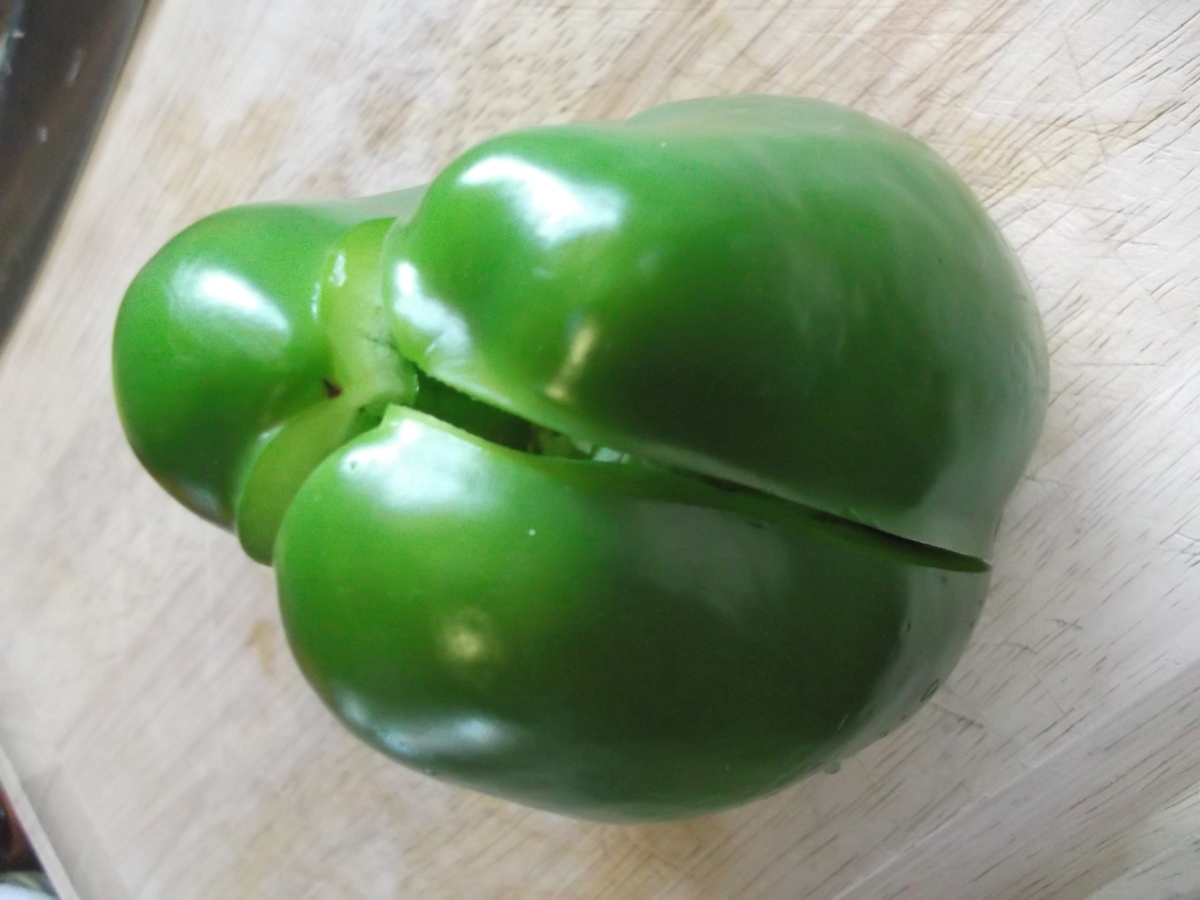Preserving the Freshness: Pickling Thai Eggplants
Thai eggplants are a delightful addition to any meal, but did you know that you can also pickle them to enjoy their unique flavor all year round? Pickling Thai eggplants is a simple and rewarding process that allows you to savor their tangy taste and crunchy texture even when they are out of season. In this guide, we will walk you through the steps to pickle Thai eggplants at home.
Choosing the Right Eggplants
When it comes to pickling Thai eggplants, it’s essential to start with fresh, firm, and unblemished produce. Look for small Thai eggplants with a bright green color and a smooth skin. Avoid any eggplants that feel soft or have dark spots, as they may not hold up well during the pickling process.
Gathering Your Ingredients
Before you begin pickling, make sure you have all the necessary ingredients and equipment on hand. Here’s what you’ll need:
- Thai eggplants
- Vinegar (white or rice vinegar work well)
- Water
- Salt
- Sugar
- Garlic cloves
- Chili peppers (optional for a spicy kick)
- Jar or airtight container
The Pickling Process
Now that you have everything you need, it’s time to start pickling your Thai eggplants. Follow these simple steps:
- Wash the Thai eggplants thoroughly and remove the stems.
- Make a brine by combining equal parts vinegar and water in a saucepan. Add salt and sugar to the mixture and bring it to a boil, stirring until the salt and sugar are fully dissolved.
- Place the garlic cloves and chili peppers (if using) at the bottom of the jar.
- Pack the Thai eggplants into the jar, making sure they are snug but not overly crowded.
- Pour the hot brine over the eggplants, ensuring they are completely submerged.
- Let the jar cool to room temperature, then seal it tightly and store it in the refrigerator.
Allowing the Flavors to Develop
After pickling your Thai eggplants, it’s best to let them sit in the refrigerator for at least a week to allow the flavors to develop. During this time, the eggplants will absorb the tangy brine, garlic, and any other seasonings you’ve added, resulting in a delicious and zesty snack or condiment.
Enjoying Your Pickled Thai Eggplants
Once your pickled Thai eggplants have had time to mature, you can enjoy them in a variety of ways. They make a tasty addition to salads, sandwiches, or antipasto platters. You can also serve them as a tangy side dish or chop them up to use as a flavorful topping for pizzas and bruschetta. The possibilities are endless!
Final Thoughts
Pickling Thai eggplants is a fantastic way to preserve their crisp texture and unique flavor. By following these simple steps, you can enjoy the taste of Thai eggplants long after they have gone out of season. Experiment with different seasonings and brine ratios to create your own signature pickled eggplant recipe. With a bit of creativity and patience, you can savor the taste of summer all year round.
So, why not give pickling Thai eggplants a try? It’s a fun and rewarding way to extend the shelf life of these delightful vegetables while adding a burst of flavor to your favorite dishes.
For those looking to experiment with pickled Thai eggplants, there are several standout recipes to try. Pickled Thai Eggplant Salad offers a refreshing and tangy dish that's perfect for a light lunch. If you're in the mood for something more substantial, the Vietnamese Bánh Mì with Pickled Thai Eggplants combines the bold flavors of a classic sandwich with the unique taste of pickled eggplant. For breakfast lovers, the Pickled Thai Eggplant Omelette provides a delightful twist on a morning staple. And if you're feeling adventurous, the Thai Pickled Eggplant Tacos offer a fusion of Thai and Mexican cuisines that's sure to impress. These recipes not only highlight the versatility of pickled Thai eggplants but also provide a delicious way to incorporate them into everyday meals.
Was this page helpful?
Read Next: How To Pickle Thistle
